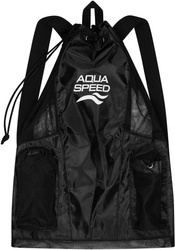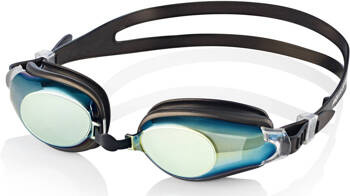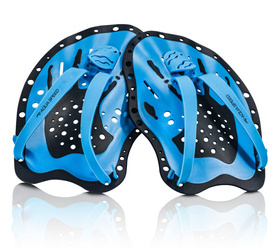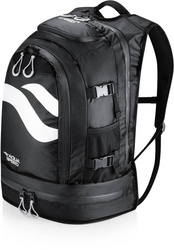Born Athletes – Swimmers with Disabilities

Swimmers with Disabilities: Determination and Joy for Life
"All of our athletes are born sportspeople – professional competitors. Each of their stories is unique; they all have different journeys. In our section, we focus on investing in youth, making it a long-term, forward-looking plan," says Michał Zieliński, coach of the Swimming Section and vice president of the SSN START Łódź Club.
Swimming Section for People with Disabilities
How was the swimming section established – was it a response to an immediate need, or was there a plan to create it?
Michał Zieliński: I think it was both – an immediate need and a long-term plan. I know one might seem to exclude the other, but the plans for creating the START swimming section date back to early 2010. However, reality turned out to be very different. We were officially established only in 2018. The idea to restart the section was reborn in 2017, and within literally 1-2 months, with the help of PZSN START Warsaw, we managed to get it running thanks to funding from the ministry.
For a city as large as Łódź, it’s fair to say that we started quite late, only in 2018. Our city needed this initiative. People with disabilities need movement, a place to meet, train, and, most importantly, integrate and engage in active rehabilitation. After all, swim training is one of the best forms of development and rehabilitation. In our section, we focus on investing in youth, making it a long-term, forward-looking plan.
We draw inspiration from sections for able-bodied swimmers, as our entire coaching staff comes from that background. The earlier you start, the greater the chances for success.
_ _ _
Also, check out the interview "Para Swimming Excellence" with Beata Pożarowszczyk-Kuczko, head coach of the National Para Swimming Team.
Swimming for People with Disabilities
Are the swimmers in your section individuals with disabilities who started swimming, or athletes who, for instance, had an accident? At what age can someone join the section?
All of our athletes are born sportspeople – professional competitors. [smile] Each of their stories is unique, and their journeys are different. Let me share a few examples.
- In our group, we have a swimmer who was once a European Champion in karate as an able-bodied athlete. During a training camp, she had a very unfortunate accident and broke her spine. Today, she uses a wheelchair, but her competitive spirit and determined athlete's character remain. Ania joined our section and has successfully competed in national para swimming events. Currently, she is a bronze medalist at the Polish Championships.
- Another example is Maciek, who successfully competes in paratriathlon (he has won the Polish Championship in the sprint distance three times in a row). He was involved in a traffic accident and, interestingly, only learned to swim after the accident.
- Our best athlete so far, Wiktor Robak, a multiple medalist of the Polish Championships, has faced neurological conditions since birth. However, this hasn’t stopped him from achieving excellent results.
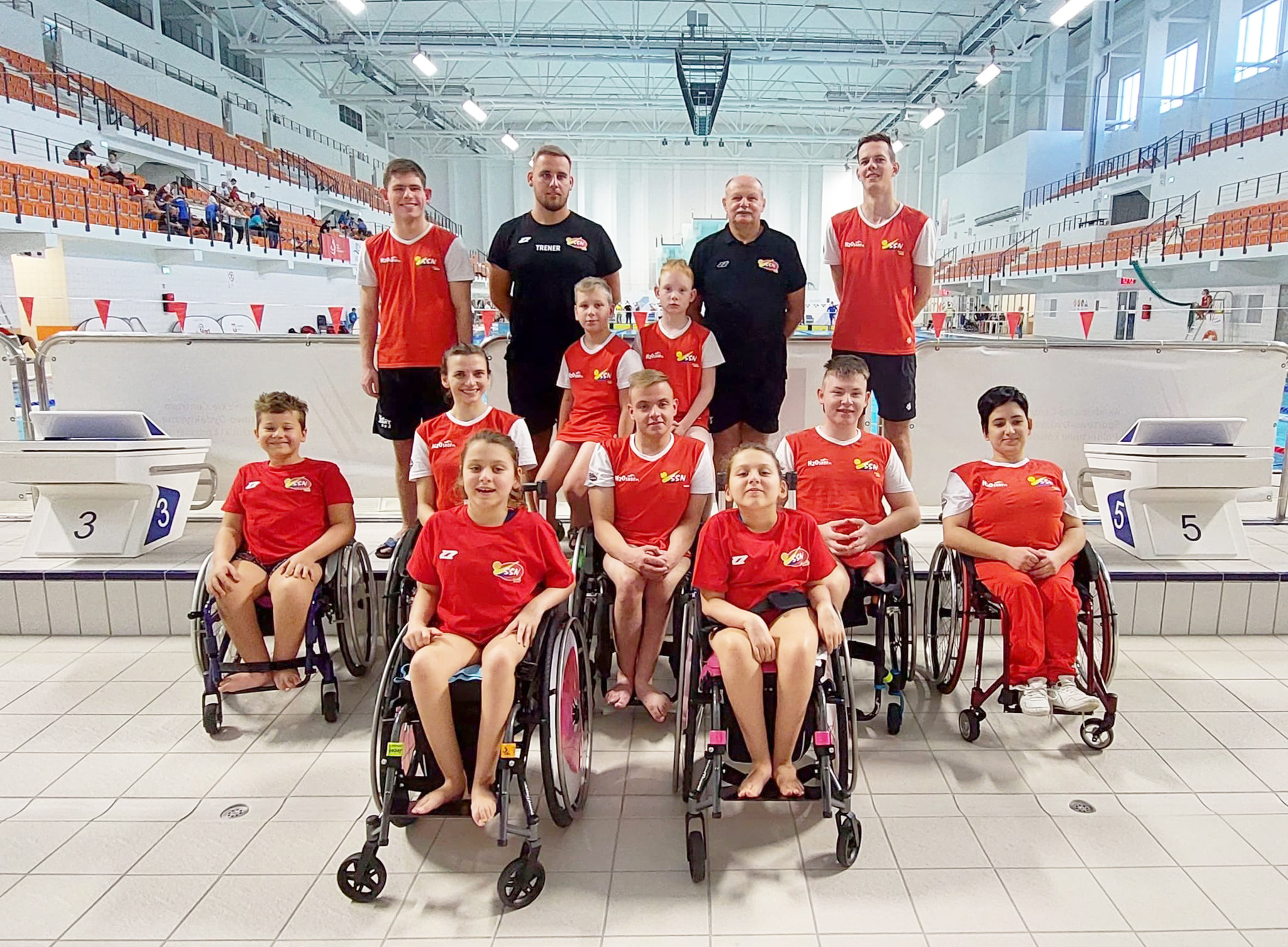


What Traits Distinguish Athletes with Disabilities? What Can Able-Bodied Athletes Learn from Them?
If I had to answer briefly, I would definitely say determination and pure joy for life. Many able-bodied athletes could benefit from adopting these qualities. Working with people with disabilities is an absolute pleasure. Their determination and focus during exercises are indescribable – you have to see it for yourself. A training session that ends with a smile on their faces is the best reward for me as a coach.

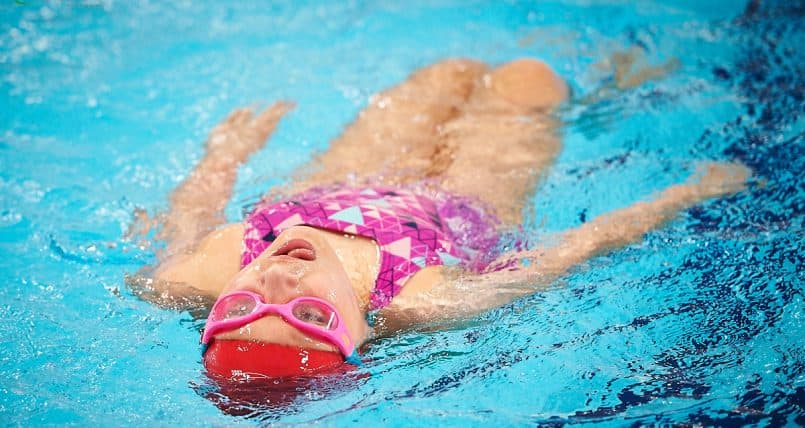
If You Were to Encourage Someone to Join the Swimming Section, What Would You Say and to Whom? How Would You Convince Parents and Potential Athletes?
We usually start with the parents. Everything depends on them. The first thing I usually say is FREE rehabilitation for children and youth – with an emphasis on "FREE." We explain that we offer the best form of rehabilitation through sport. The sessions are completely free for our participants.
Another key point is the "parent-friendly schedule." Especially for children and youth with disabilities, much depends on their parents – they have to be able to get them to training somehow. That’s why our sessions for youth are currently scheduled in the evenings, around 7 PM, so that kids have time to finish their homework, and parents can rest after work before bringing their child to training.
Another important aspect is the fun and enjoyment, which later evolves into proper sports training. There’s also the opportunity for integration and meeting people from similar backgrounds, and with a bit of luck, traveling to exciting places around the world for competitions.
Interview by Maciej Mazerant / Managing Editor of AQUA SPEED Magazine
Photo: Adrian Stykowski / Polish Association of Sports for the Disabled START
This article was published in the third issue of AQUA SPEED Magazine.
Recommended
